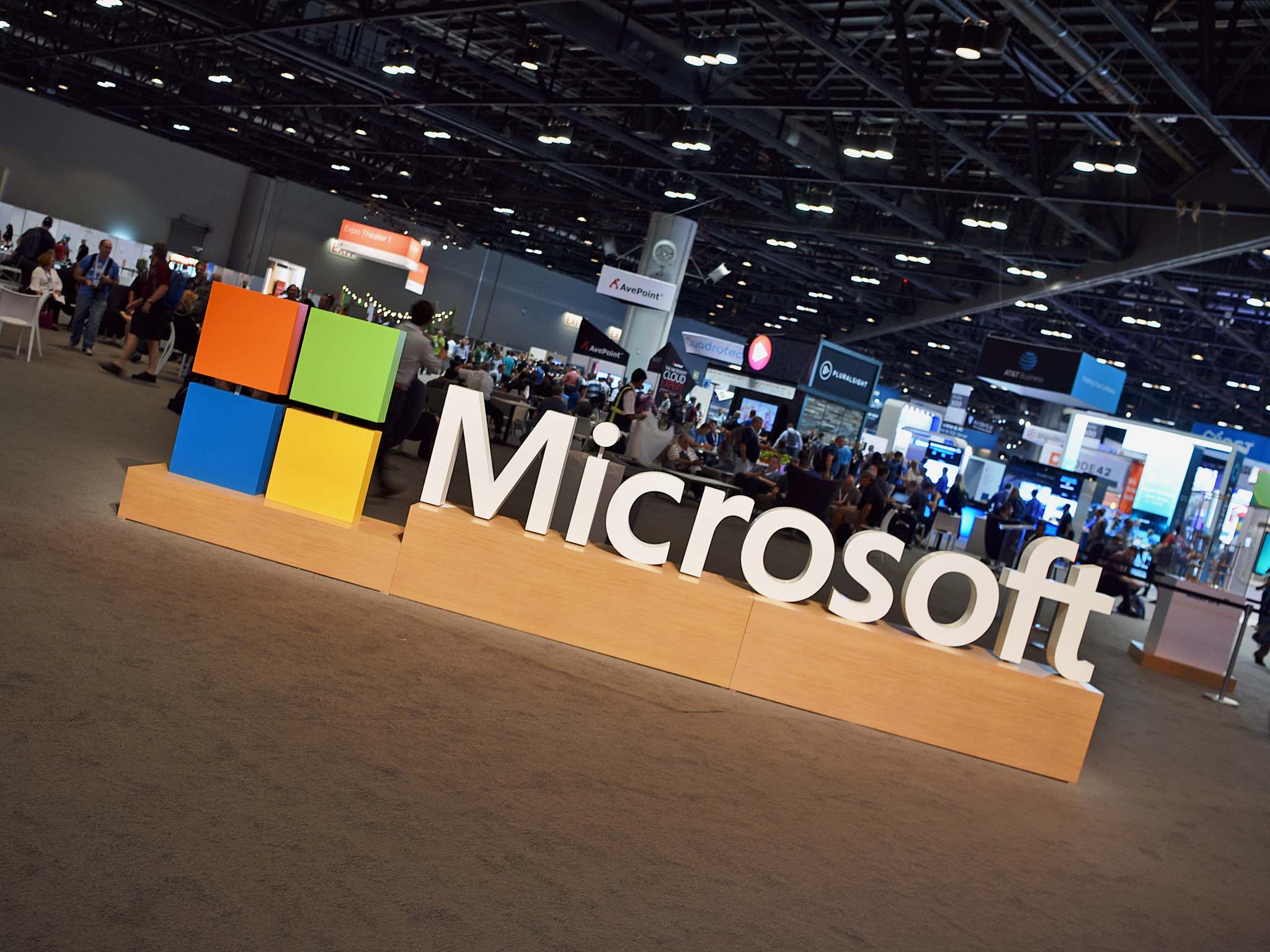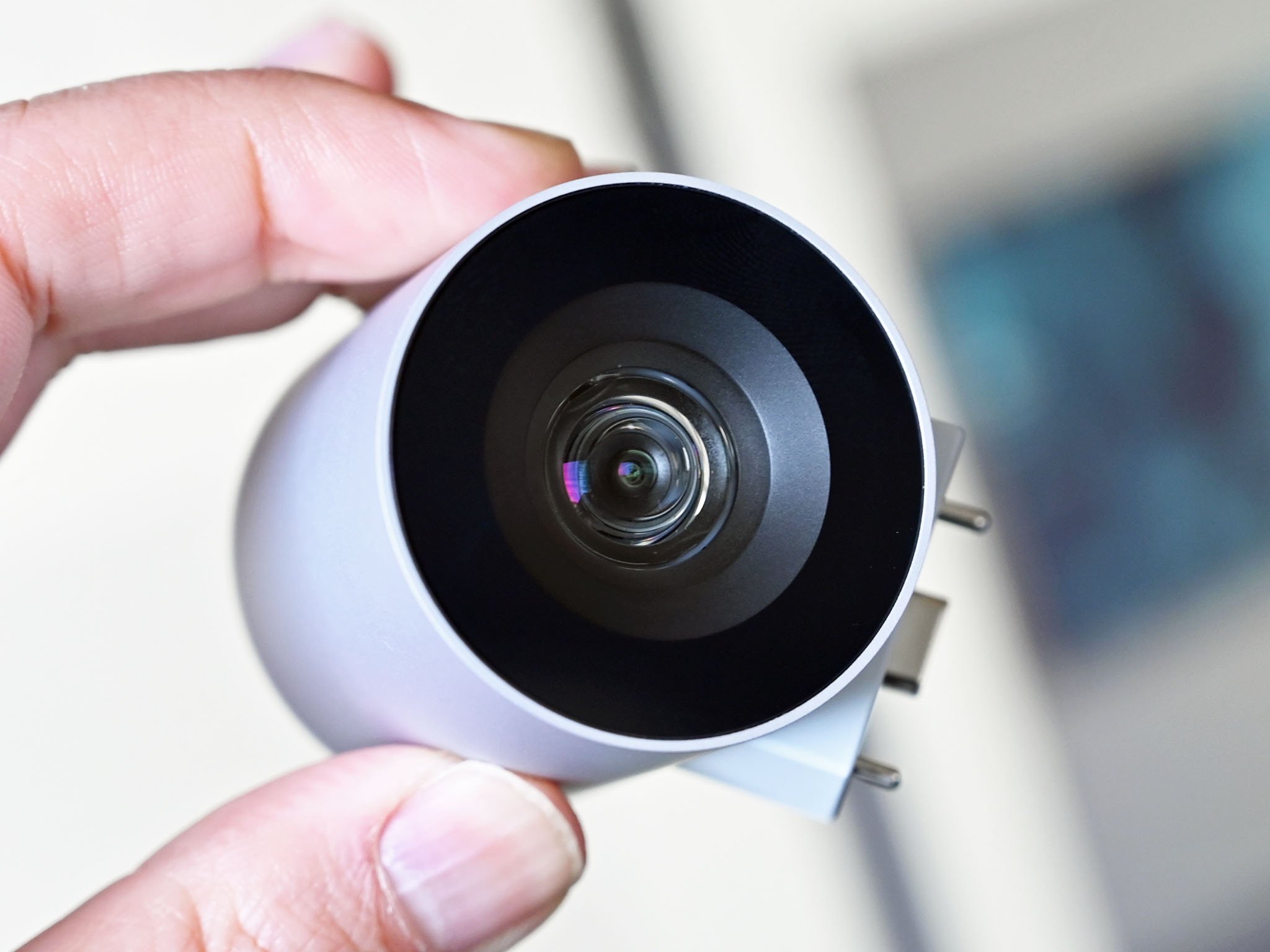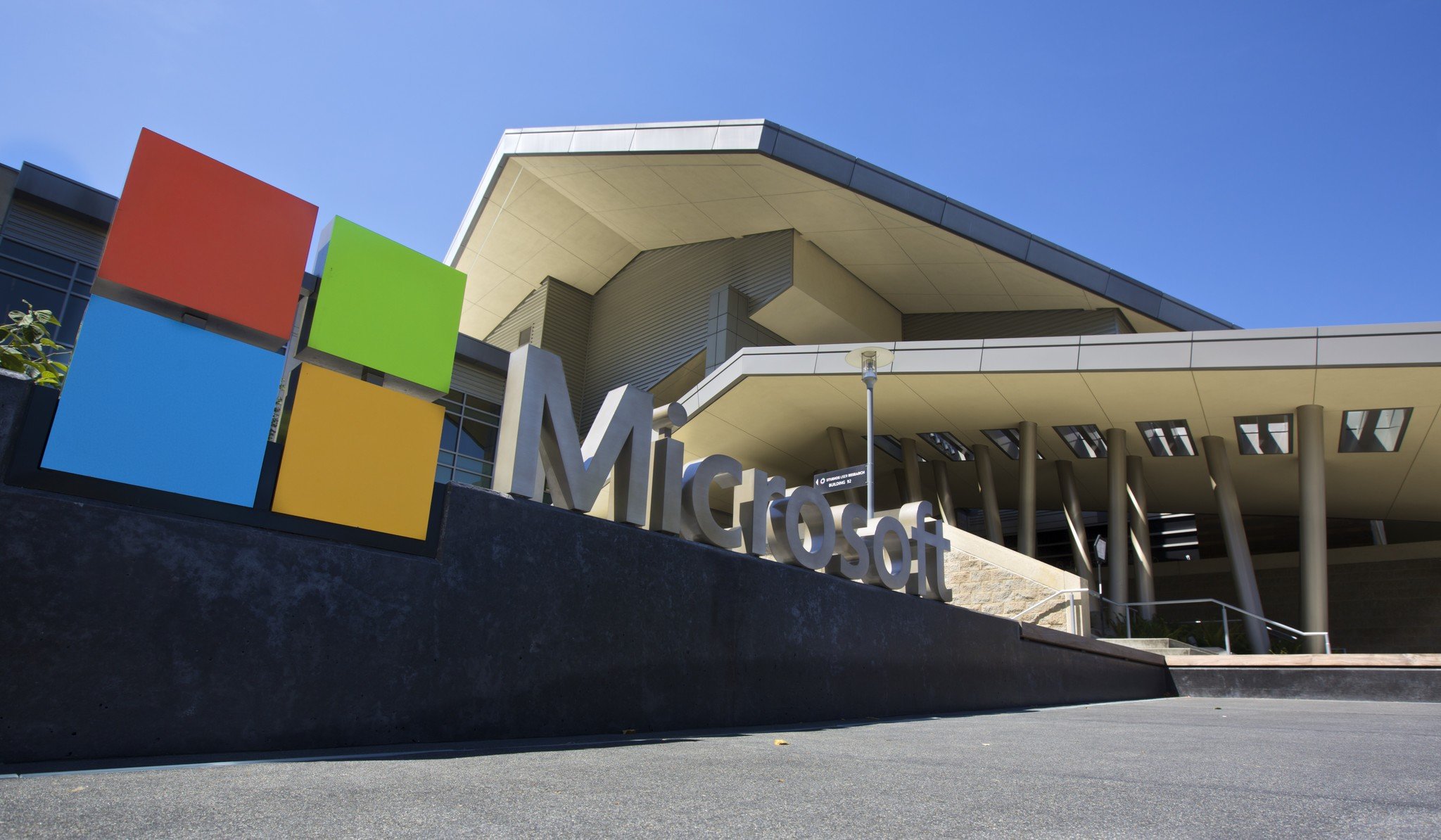Microsoft investors call out company for alleged surveillance hypocrisy
Microsoft shareholders called for reports to show if the company's actions line up with its words on surveillance technology.

All the latest news, reviews, and guides for Windows and Xbox diehards.
You are now subscribed
Your newsletter sign-up was successful
What you need to know
- Three shareholder proposals are calling on Microsoft to determine if its practices line up with its stated policies regarding surveillance.
- One proposal demands a comprehensive report regarding if Microsoft's lobbying efforts line up with its actions.
- Microsoft has previously said it would not sell facial recognition technology to police departments until federal laws were in place regulating them.
Microsoft investors are pushing the company to evaluate if its actions align with its stated commitments to human rights and racial injustice. Three shareholder proposals were filed this week, and all focus on privacy and surveillance technology. The Hill reviewed and shared insights from each of the three proposals.
The first proposal was filed by Harrington Investments, a firm that focuses on social issues. It calls on Microsoft to "generally prohibit" sales of facial recognition technology. It also asks Microsoft to disclose any exceptions to the rule.
Previously, Microsoft said that it would not sell facial recognition technology to police departments until there are federal laws in place regulating the technology.
Surveillance tech's present issues

One of the concerns regarding facial recognition technology is that most systems have "demographic differentials," which can have lower accuracy due to people's age, gender, or race.
In 2019, Jason Ward wrote a piece for us breaking down racial biases and the immaturity of AI technology used for facial recognition.
The technology and liberty project manager of the ACLU of Washington, Jennifer Lee, told The Hill that "if Microsoft is truly committed to protecting our democratic freedoms and standing for racial justice, it must permanently divest from selling facial recognition technology to all government entities, including law enforcement."
The second shareholder proposal comes from the sisters of Religious of the Sacred Heart of Mary. It calls for a report on if Microsoft lives up to its own human rights commitments.
All the latest news, reviews, and guides for Windows and Xbox diehards.
The proposal points to Microsoft contracts with the New York Police Department, ICE, and the military that appear to conflict with Microsoft's stated commitments.
The NYPD's Domain Awareness Systems (DAS) uses cameras, radiological sensors, and automatic license plate readers for surveillance. Microsoft partners with the NYPD on the DAS.
Albert Fox Cahn, executive director of the Surveillance Technology Oversight Project, discussed Microsoft's partnership with the NYPD to The Hill.
"For years, Microsoft has partnered with the NYPD to sell the [DAS], which is likely the single most invasive surveillance system in the country," Cahn said. "Microsoft can't claim to take the moral high ground on surveillance when it is selling the software that is used to track millions and undermine civil rights."
The same proposal also highlights Microsoft Azure contracts with ICE.
Calling for accountability

The last proposal is led by the Congregation of the Sisters of St. Joseph of Peace. It calls for a report from Microsoft on how the company's lobbying efforts line up with its public stances.
Microsoft suspended PAC donations to members of Congress who voted against the certification of electors back in February. That decision was made after several Microsoft employees called out Microsoft President Brad Smith.
The proposal from the Congregation of the Sisters of St. Joseph of Peace points to the fact that Microsoft supported several state-level privacy bills that appear to go against Microsoft's stated policies. It also highlights that Microsoft lobbied against a bill that would limit or ban the use of facial recognition technology by governments.
Microsoft did not respond to a request for comment from The Hill.
The next shareholders meeting for Microsoft is in December, though the proposals could be addressed before then.

Sean Endicott is a news writer and apps editor for Windows Central with 11+ years of experience. A Nottingham Trent journalism graduate, Sean has covered the industry’s arc from the Lumia era to the launch of Windows 11 and generative AI. Having started at Thrifter, he uses his expertise in price tracking to help readers find genuine hardware value.
Beyond tech news, Sean is a UK sports media pioneer. In 2017, he became one of the first to stream via smartphone and is an expert in AP Capture systems. A tech-forward coach, he was named 2024 BAFA Youth Coach of the Year. He is focused on using technology—from AI to Clipchamp—to gain a practical edge.
